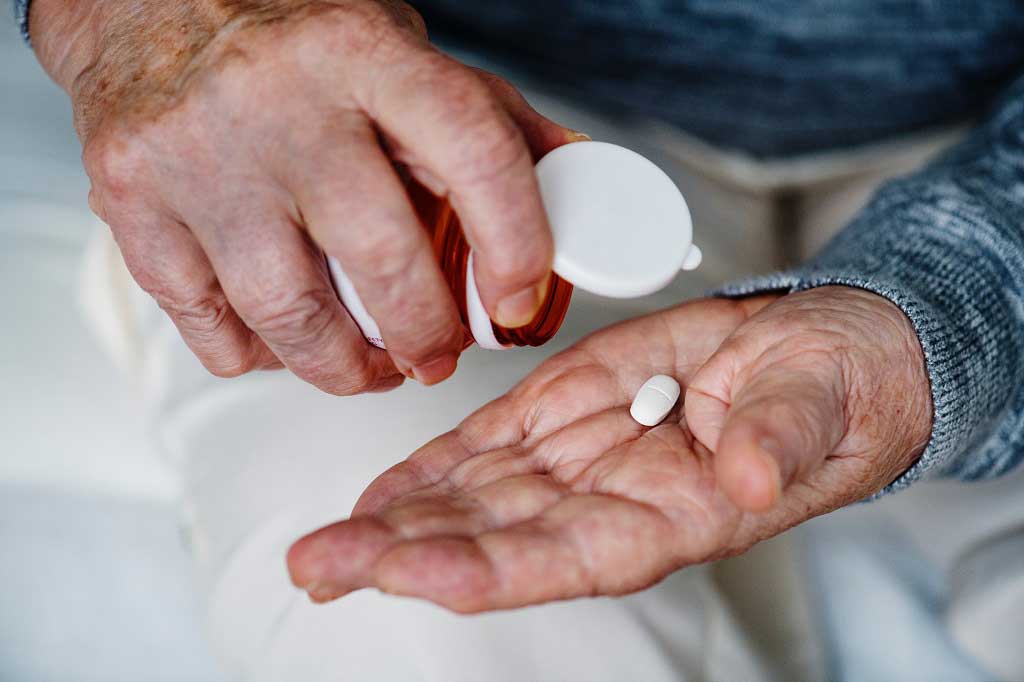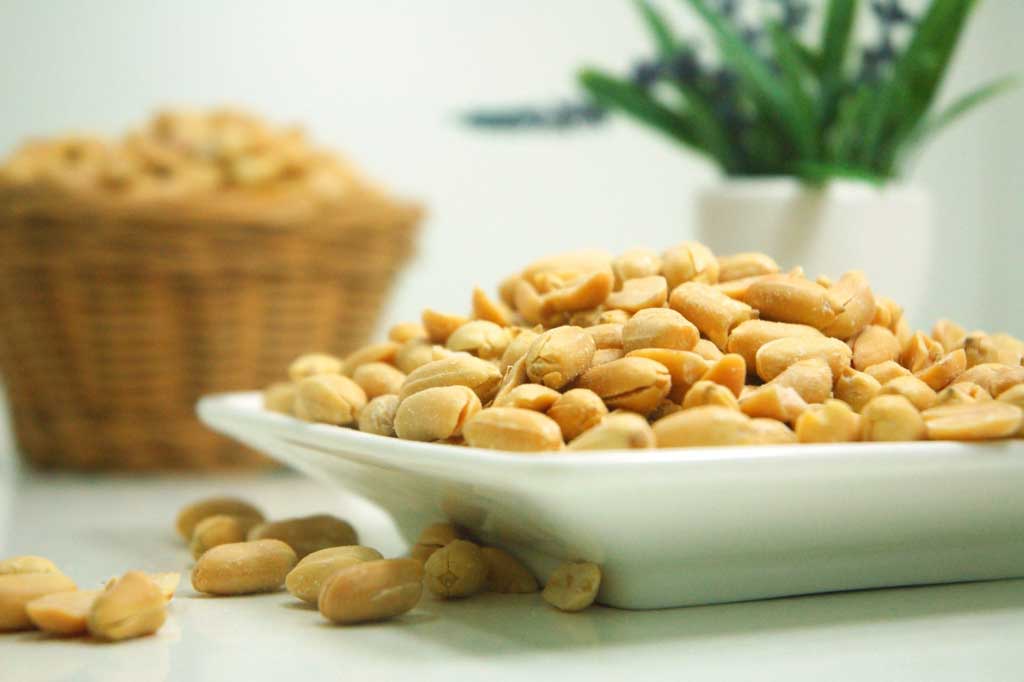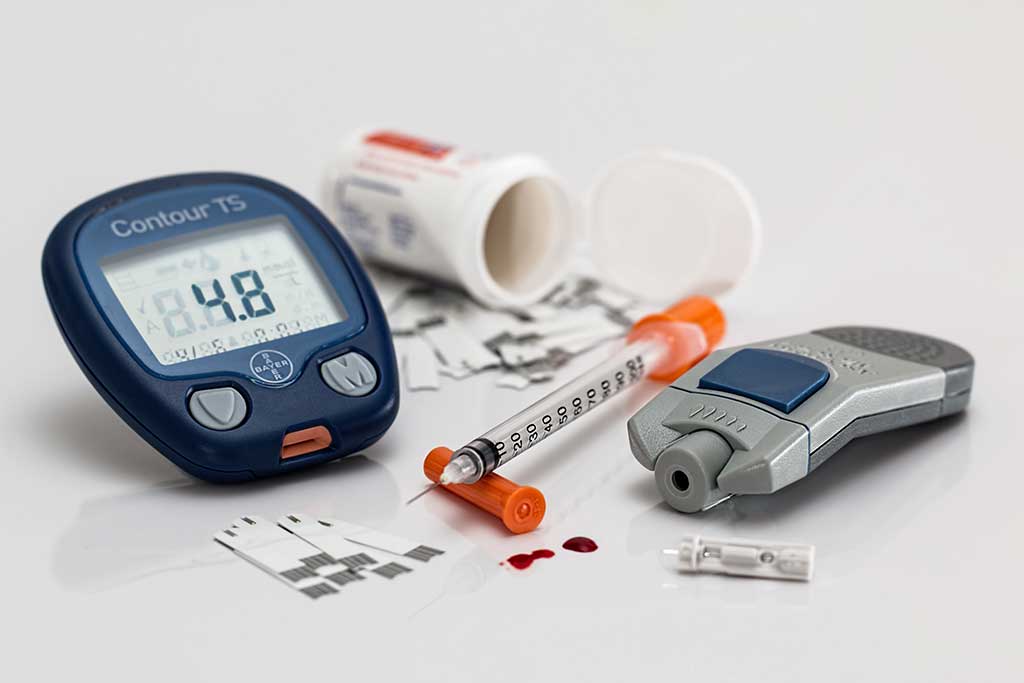Rotavirus vaccine to be introduced for babies
Medication
A vaccine to prevent illness caused by rotavirus will be introduced in the UK, much of the media reports. The news is based on a Department of Health announcement that the rotavirus vaccine, Rotarix, will be added to the routine childhood...
A vaccine to prevent illness caused by rotavirus will be introduced in the UK, much of the media reports.
The news is based on a Department of Health announcement that the rotavirus vaccine, Rotarix, will be added to the routine childhood vaccination schedule next year.
Rotavirus is a highly infectious stomach bug that causes around 140,000 diarrhoea cases a year in under-fives in this country. It leads to hospital stays for nearly 1 in 10 of those who get it.
The vaccine is expected to be introduced in September 2013 and will be given to infants under the age of four months.
It is estimated that the vaccine will halve the number of vomiting and diarrhoea cases caused by rotavirus and there could be 70% fewer hospital stays as a result.
The vaccine, Rotarix, is already used routinely to vaccinate children in the US and several other countries. In the US, rotavirus-related hospital admissions have fallen by as much as 86% since the vaccine was introduced.
What is rotavirus?
Rotavirus is a virus that causes infection of the stomach and bowel, and is spread in faeces (poo). It is most often spread when someone who is infected does not wash their hands properly after going to the toilet.
Rotavirus can be a serious illness in the very young. The gastroenteritis it causes usually begins with the symptoms of diarrhoea and is sometimes accompanied by vomiting. The child may develop a tummy ache and they may also have a fever (high temperature) of 38ºC (100.4ºF) or above.
The symptoms of diarrhoea usually pass within five to seven days. Most diarrhoea symptoms in children will not last more than two weeks.
Very young children have the highest risk of severe complications, which can result from extreme dehydration. A very small number of children die from rotavirus infection each year.
The dehydration caused by the symptoms of gastroenteritis can be treated with rehydration solutions available from pharmacies.
Read more about dealing with a baby's diarrhoea and vomiting.
Why is the vaccine being introduced?
Experts on the Joint Committee on Vaccination and Immunisation have concluded that the health benefits of vaccination mean it is a cost effective way of protecting children against rotavirus.
The programme is expected to cost around £25 million a year, but is anticipated to save the NHS around £20 million a year in England through fewer stays in hospital, fewer GP and A&E visits, and fewer calls to NHS Direct.
It should also prevent thousands of children from experiencing what can often be an unpleasant and distressing illness.
How and when will the vaccine be given?
Across the UK around 840,000 infants under four months will be offered the vaccine from September 2013. The programme cannot start straight away because it takes several months for vaccine suppliers to make enough vaccine to meet the country's needs. A liquid-filled capsule will be used to give two separate doses of the vaccine to all children, starting when they are two months old.
Is the vaccine safe?
Yes. The version of the vaccine that will be used – Rotarix – has been extensively used in more than 30 countries and no safety concerns have been raised.
All vaccines are studied very carefully before they are used in a mass vaccination programme. All of the relevant healthcare regulatory bodies, both here and across the world, agree that Rotarix poses no risk to health and is safe to use.
What do independent experts say about the rotavirus vaccine?
Experts on childhood illnesses appear to agree that the introduction of the vaccine will be good for children, families and the health service. The Science Media Centre, which offers a link between journalists and experts, has put out a statement from two eminent specialists in this field.
Professor Adam Finn, professor of paediatrics, University of Bristol, said: "Rotavirus causes large epidemics of diarrhoea and vomiting in babies and young children every winter and, with it, misery for thousands of families across the country.
"The vaccine, which is going to be introduced in the UK next year, is given by mouth at the same time as other routine vaccines starting at two months of age. It has been used in other countries including the US, Mexico and Belgium for several years and it's clear that it works well.
"I'm pleased that another unpleasant illness that affects most children is going to be brought under control. It will also help hospitals cope in the busy winter months by reducing pressure on beds and front-line staff."
And Dr David Elliman, immunisation specialist of the Royal College of Paediatrics and Child Health, said: "This is an important advance as, whilst rotavirus does not cause many deaths in the UK, it does cause a huge amount of suffering. Rotavirus affects large numbers of under-fives, causing them diarrhoea for a few days. This vaccine will mean less pressure both on distressed parents who have to care for their children and, of course, the GPs and hospital services who are treating them.
"This is a vaccine that has been used for some years in the US, so though new to us there is a large body of experience showing that it is safe and effective."
Edited by NHS Choices. Follow Behind the Headlines on twitter.






 Subscribe
Subscribe Ask the doctor
Ask the doctor Rate this article
Rate this article Find products
Find products






